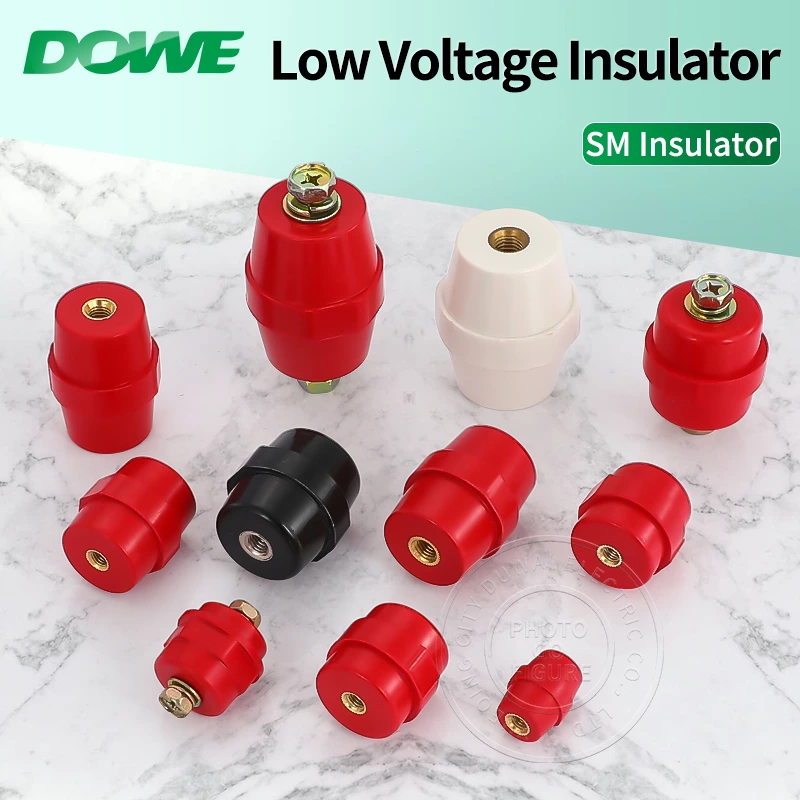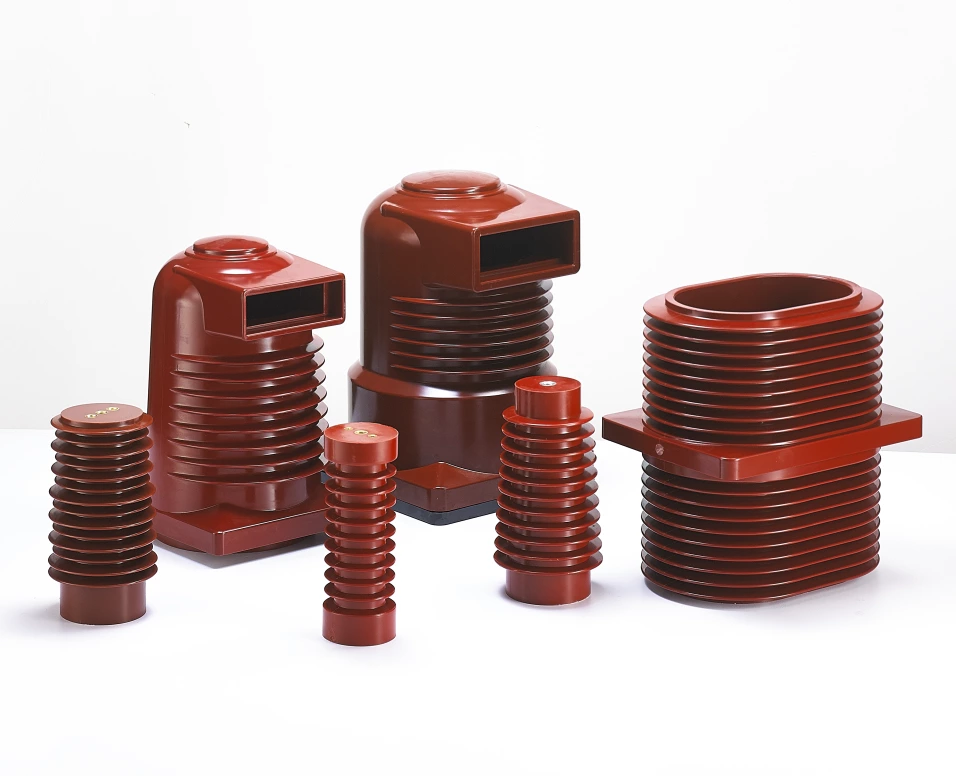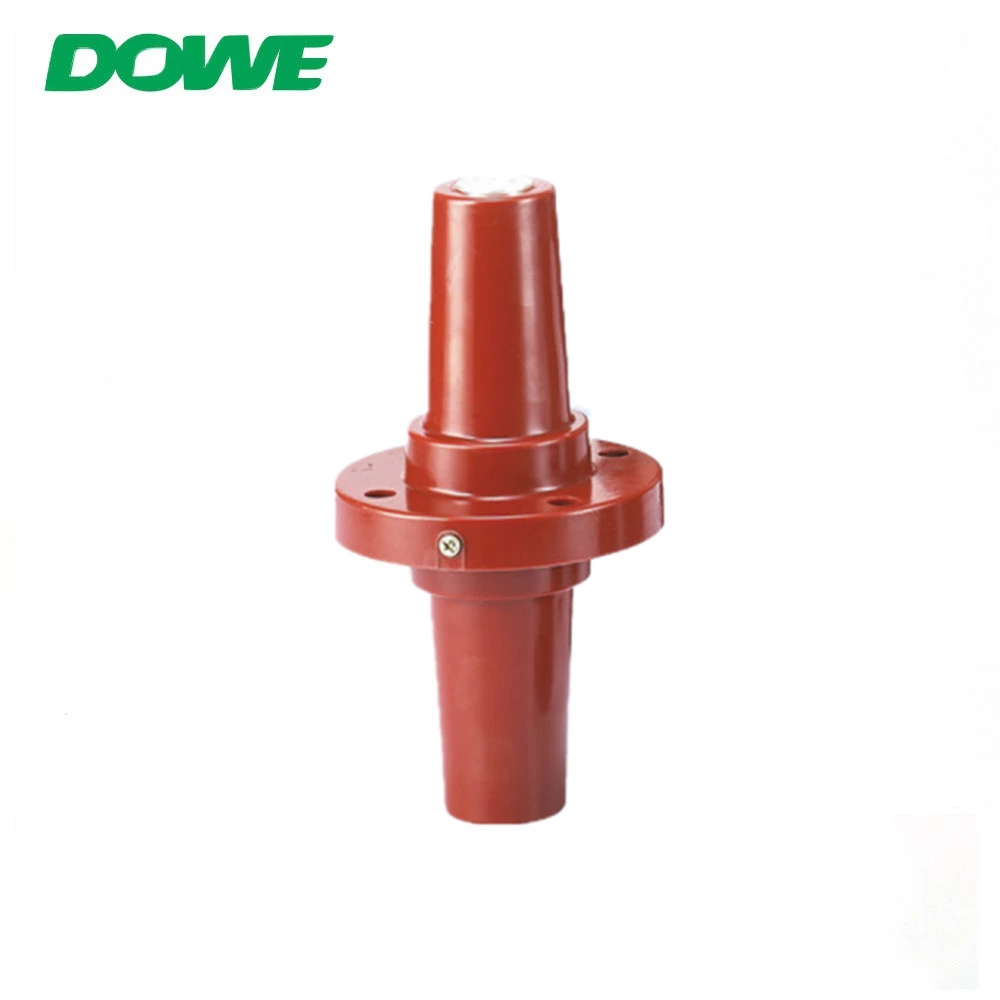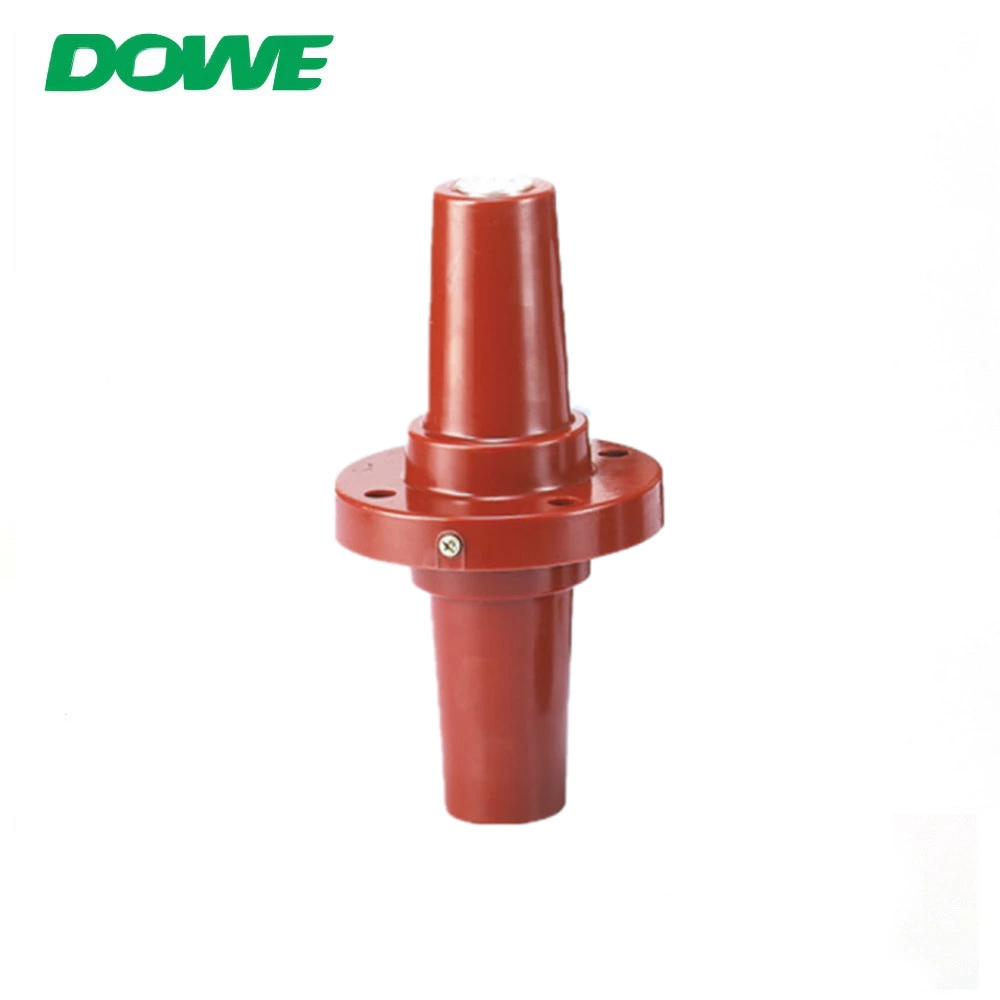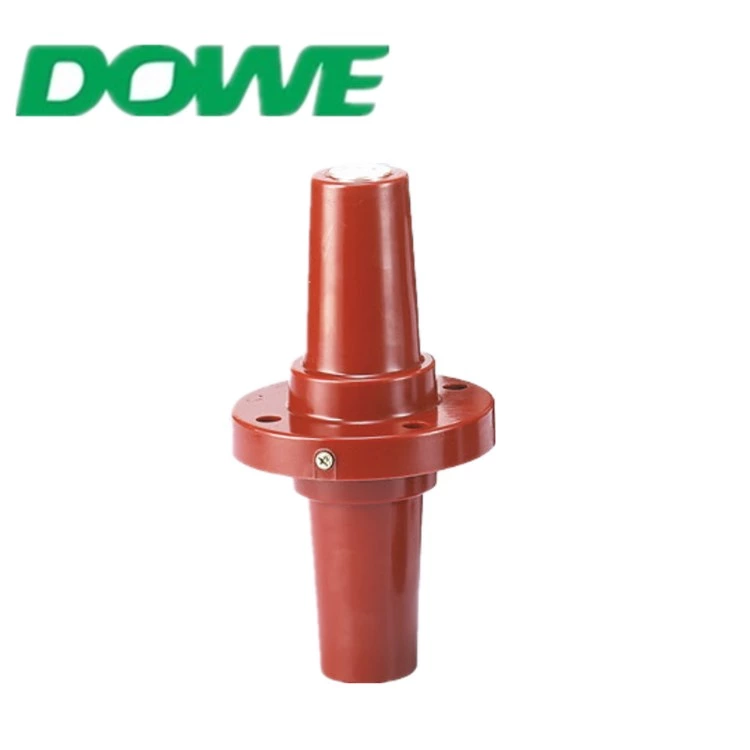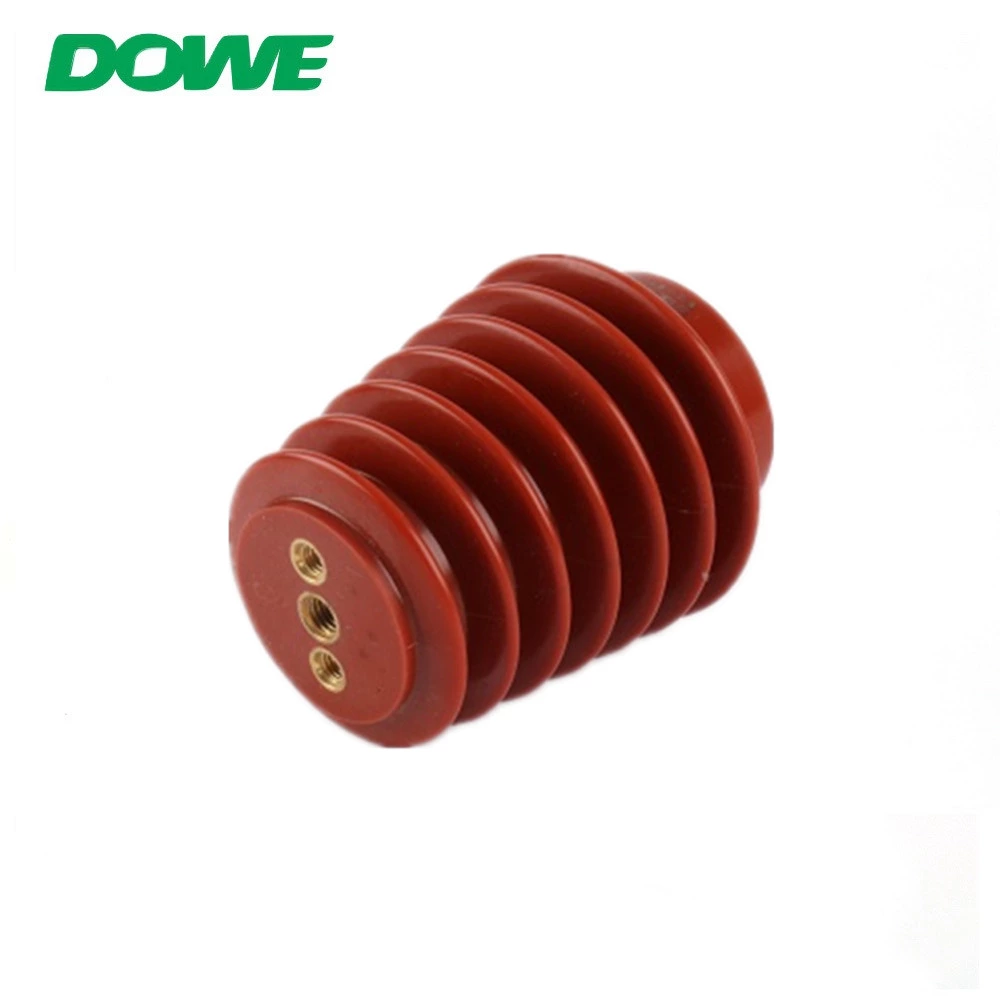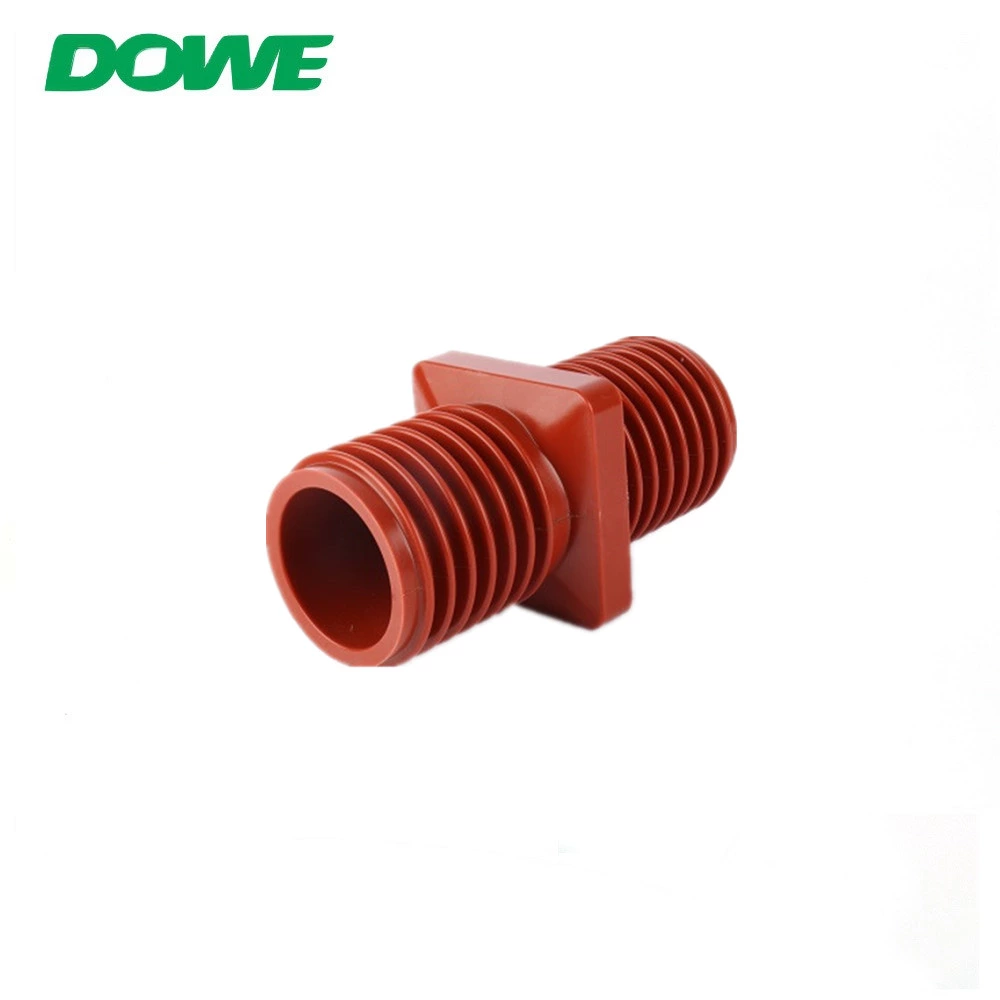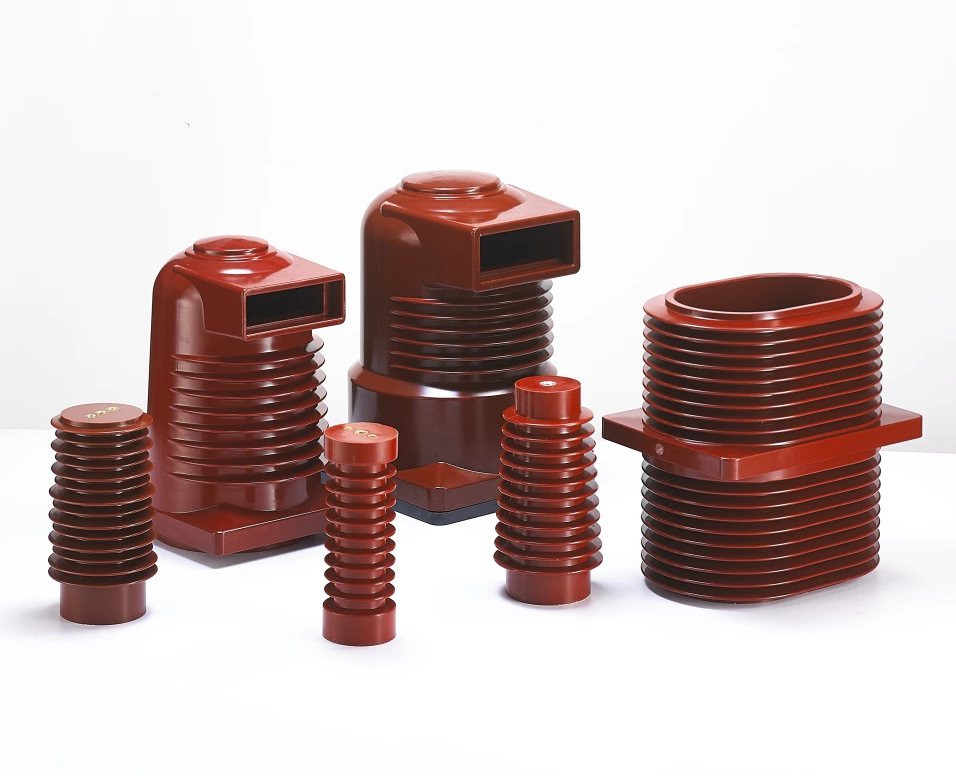How Do Different Materials Affect Busbar Support Insulator Performance?
The choice of materials significantly impacts busbar support insulator performance. Poor decisions can lead to inefficiency or failure. Understanding material properties ensures reliability and safety.
Different materials affect insulator performance by influencing factors like strength, durability, and electrical properties.
Let’s explore the nuances of how material selection can change the performance and efficiency of busbar support insulators.
- What are busbar support insulators made of?
- Why does material strength matter for insulators?
- How do electrical properties of materials impact performance?
- How does environmental resistance influence material choice?
- Conclusion
What are busbar support insulators made of?
Busbar support insulators are commonly made of materials like porcelain, epoxy resin, or composite polymers. Each material offers unique benefits.
These materials are selected based on their electrical insulation1, mechanical strength, and environmental resistance.

Dive Deeper:
- Porcelain: Known for its durability and high mechanical strength. It is cost-effective but heavy and less resistant to modern chemical exposure.
- Epoxy Resin: Lightweight and offers excellent electrical properties2. However, it can degrade under UV exposure over time.
- Composite Polymers: These are newer materials combining strength with environmental resistance, ideal for high-performance applications.
| Material | Strength | Durability | Cost Efficiency |
|---|---|---|---|
| Porcelain | High | Moderate | High |
| Epoxy Resin | Moderate | Low | Moderate |
| Composite Polymers | High | High | Moderate |
Why does material strength matter for insulators?
Material strength ensures the insulator can support heavy busbars and withstand mechanical stress during operation.
Without adequate material strength3, insulators may fail under load, causing operational disruptions or damage.
A personal story: Once, I dealt with a client who overlooked strength in their insulator selection. Their installation collapsed within weeks, proving the importance of this factor.
Dive Deeper:
- Mechanical stress during load surges can exceed expectations.
- Strength is especially critical in regions prone to earthquakes or extreme weather.
- Testing standards, like IEC 60168, ensure materials meet minimum mechanical requirements.
Key Metrics for Material Strength
- Compressive Strength: Indicates how much weight the material can bear.
- Flexural Strength: Resistance to bending forces.
- Tensile Strength: Ability to withstand pulling forces.
How do electrical properties of materials impact performance?
The electrical properties of insulator materials are critical for preventing power losses and ensuring safety.
Insulators must maintain low conductivity and high dielectric strengthunder various voltages.
Dive Deeper:
- Dielectric Strength: Measures how much voltage a material can withstand before breaking down. Higher is better.
- Insulation Resistance: Determines how effectively a material resists the flow of electric current.
- Creepage Distance: Depends on the material and design. Proper creepage ensures electrical safety in high-humidity environments.
| Property | Porcelain | Epoxy Resin | Composite Polymers |
|---|---|---|---|
| Dielectric Strength | Moderate | High | High |
| Insulation Resistance | High | High | Very High |
| Environmental Creepage | Low | Moderate | High |
Real-World Insight:
In high-voltage applications, a client opted for epoxy insulators due to their superior dielectric properties, ensuring minimal energy loss.
How does environmental resistance influence material choice?
Environmental resistance dictates how well insulator materials perform under conditions like moisture, UV exposure, and chemical contact.
Insulators exposed to harsh environments need materials that resist degradation and maintain performance.
Dive Deeper:
- UV Resistance: Essential for outdoor insulators to prevent cracking and surface breakdown.
- Chemical Resistance: Prevents corrosion from industrial fumes or chemicals.
- Thermal Stability: Ensures materials withstand extreme temperature variations.
| Environmental Factor | Porcelain | Epoxy Resin | Composite Polymers |
|---|---|---|---|
| UV Resistance | Moderate | Low | High |
| Chemical Resistance | High | Low | Moderate |
| Thermal Stability | Moderate | Moderate | High |
Case Example: A company in the Middle East used composite polymers due to their UV resistance and found a 30% increase in longevity compared to porcelain insulators.
Conclusion
Material selection profoundly affects busbar support insulator performance. By understanding the trade-offs among strength, electrical properties, and environmental resistance, you can choose the best option for your application.
-
Provides detailed insights into the properties and applications of porcelain, epoxy resin, and composite polymers to help users make informed material choices. ↩
-
Explains the impact of mechanical strength on insulator performance and the consequences of insufficient strength. ↩
-
Clarifies the role of dielectric strength, insulation resistance, and creepage distance in ensuring safe and efficient operation. ↩

